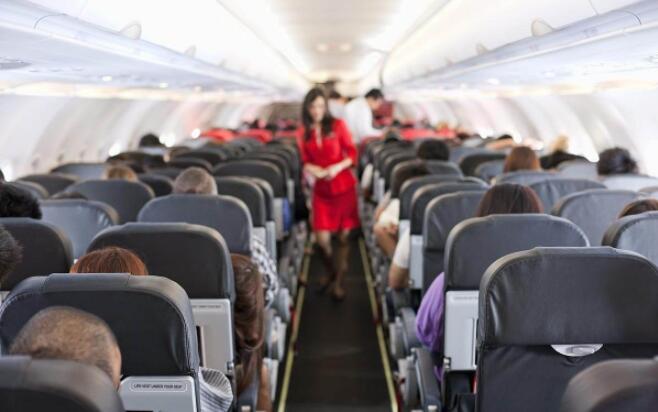Farewell to Arms
告別扶手
On this moment of science
今日科學一刻
Good afternoon, this is your captain speaking. We are at cruising altitude and will be in flight for another three hours, so you’d better get comfortable.
下午好,我是這架飛機的機長。我們已經到達了巡航高度并且將繼續飛3個小時,所以,請各位乘客確保舒適。
That means figuring out who gets the arm rest you, or your neighbor in the next seat.
這意味著要確定出誰得到扶手—你,還是你鄰座的人。
Oh, I know the seats are built so that one arm rest is shared by two passengers.
我知道座位的設置使得兩名乘客公用一個扶手。
Sure, we could have given all the seats their own arm rests, but then airplane flights would be so much less interesting from a social psychology point of view.
當然了,我們本可以是所有的乘客都有他們自己的扶手,但是這樣一來,從社會心理學的觀點看來,這段飛行的樂趣就將大打折扣。

And hey you don't really mind, do you?
所以,其實你們并不介意,對嗎?
Turns out you do.
結果證明你們還是很在意的。
In a study conducted by three social psychologists, 426 pairs of people were observed on some twenty flights to see if there is a pattern to who gets the disputed armrest.
3名社會心理學家曾做過一個研究,他們觀察了20次飛行中的426對乘客,希望能看出誰得到這個讓人亦喜亦憂的扶手問題上是否有特定的模式。
The subjects observed were always one male seated next to one female. Guess who got the armrest most of the time?
實驗觀察基本上是基于一名男性和一名女性鄰座的情況下。猜一下誰靠著扶手的時間最長呢?
譯文來自網絡











